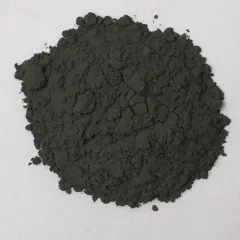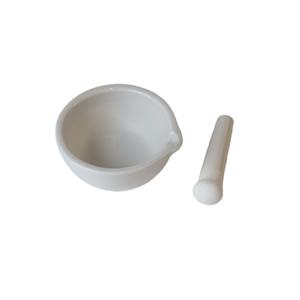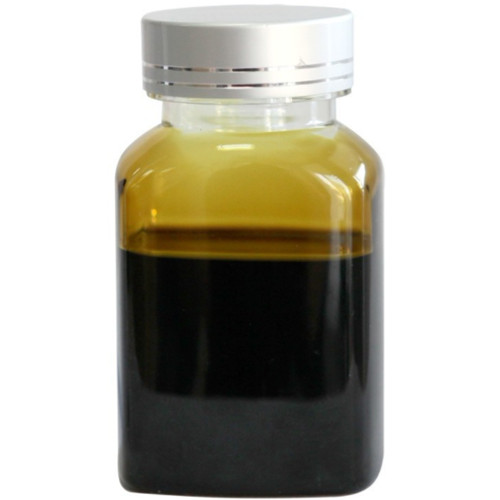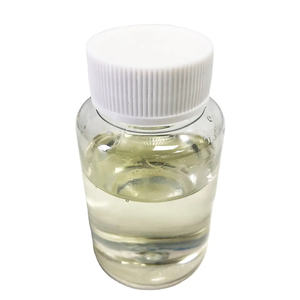
Technical Parameters of Powdered Immediate Salt Silicate (CAS 1344-09-8)
(Technical Parameters of Powdered Instant Sodium Silicate (CAS 1344-09-8))
Keep in mind: We can likewise customize sodium silicate powder with moduli of 2.45, 2.5, and 3.4 according to your requirements.
Our Variety Of Salt Silicate Moduli
We provide powdered immediate sodium silicate with moduli ranging from 2.0 to 3.3. Additionally, we can personalize salt silicate powder with moduli of 2.45, 2.5, and 3.4 to meet your details requirements.
Intro
With an expanding international focus on environmental protection and sustainable development, salt silicate, additionally known as water glass or soluble glass, has gathered substantial passion in various sectors owing to its diverse usages. This inorganic compound serves as a crucial component in construction, papermaking, and detergent manufacturing. Recently, standard phosphorus-based detergent additives such as sodium tripolyphosphate (STPP) have been slowly removed as a result of their negative results on water ecosystems. In this context, the demand for efficient and ecologically safe choices has ended up being immediate. Salt silicate, with its one-of-a-kind attributes, has actually stepped into the limelight as an appealing choice.
Market Opportunities
1. International Demand Trends
The global production of focused synthetic detergents has actually seen stable development, especially with the increasing share of ultra-concentrated powders. It is approximated that at the very least 230,000 lots of sodium silicate were needed in 2000 alone to meet market demand. Provided the present limited international supply, there is a considerable void between supply and need, showing considerable possibility for growth. As customers’ demand for high-quality and environment-friendly items increases, the marketplace for sodium silicate is expected to broaden even more.
2. International Competitive Landscape
Contrasted to comparable products created internationally, Chinese-manufactured salt silicate often uses an extra affordable rate and similar or perhaps superior high quality. For example, the FOB rate of sodium silicate in the USA is roughly $51.15 per 100 extra pounds, while prices in Europe are even greater. This price advantage settings Chinese producers highly in the international market. By constantly innovating and boosting product quality, Chinese suppliers have the prospective to capture a larger share of the global market.
Summary of Sodium Silicate
Salt silicate is a compound developed from silicon dioxide (SiO ₂) and salt oxide (Na ₂ O), typically represented by the formula Na ₂ O · nSiO ₂, where n differs depending upon the certain type. It is defined by excellent solubility, a high pH level, and excellent cleansing residential properties, making it an excellent detergent additive. Beyond its usage in cleaning agents, sodium silicate is commonly used in the building and construction sector, such as in waterproofing products and sealers. In the paper market, it boosts the stamina and level of smoothness of paper. In addition, it locates applications in textile dyeing, oil removal, and other fields.
Production Refine
1. Raw Material Preparation: The initial step involves choosing appropriate resources, including silica sand or soluble glass, together with caustic soft drink.
2. Dissolution Stage: The raw products are blended and heated to an ideal temperature level to assist in dissolution, ensuring extensive mixing of all elements.
3. Condensation Control: Details conditions are managed to advertise the formation of preferred crystal structures in the solution. Temperature and pressure parameters should be precisely handled during this stage.
4. Filtration and Purification: To guarantee the pureness of the final salt silicate product, a plate and structure filter press is utilized to remove unwanted dampness and pollutants.
5. Drying and Creating: Spray drying modern technology is used to reduce the wetness web content even more, resulting in a powder form that is simple to store and transportation.
Cost-Benefit Evaluation
From an economic viewpoint, the production of sodium silicate presents clear cost benefits. For a plant with an annual capability of 5,000 tons, the expense malfunction is as follows:
1. Variable Costs: Approximately $346.71 per lot, including resources (silica sand/soluble glass and caustic soft drink), power consumption (electrical energy and gas), and labor prices.
2. Fixed Costs: Around $141,400 yearly, covering depreciation of fixed assets, maintenance, monitoring costs, car loan rate of interest, and other expenses.
3. Overall Costs: The mixed complete expense is estimated at $385.71 per bunch.
4. Sales Revenue: With an approximated market price of $642.86 per ton, the earnings margin per ton would certainly be approximately $257.15.
( sodium silicate)
5. Economic Perks: The project can produce an annual income of around $3.21 million, adding roughly $1.29 million in tax obligation income.
This cost-benefit evaluation shows that sodium silicate not only provides considerable technological advantages but is additionally extremely financially viable. For manufacturing business, purchasing the manufacturing and promotion of salt silicate can generate substantial economic returns while boosting their company social responsibility image.
Conclusion
In recap, sodium silicate, with its exceptional technical performance and reduced manufacturing expenses, holds wonderful potential as a substitute for conventional phosphorus-based ingredients. Due to increasingly rigid ecological policies and the expanding consumer need for high-quality, green products, speeding up the research study, growth, and commercialization of salt silicate will be a vital vehicle driver in the change of the global cleaning agent sector. For investors, entering this field not just adds to corporate social obligation however likewise guarantees eye-catching economic returns and societal benefits. With continuous technological improvements and an expanding market, the potential uses of sodium silicate are substantial and merit more investigation and advancement by industry stakeholders and research study bodies.
TRUNNANO is a supplier of Sodium Silicate Materials with over 12 years of experience in nano-building energy conservation and nanotechnology development. It accepts payment via Credit Card, T/T, West Union and Paypal. Trunnano will ship the goods to customers overseas through FedEx, DHL, by air, or by sea. If you want to know more about sodium silicate sigma, please feel free to contact us and send an inquiry(sales5@nanotrun.com).
All articles and pictures are from the Internet. If there are any copyright issues, please contact us in time to delete.
Inquiry us













